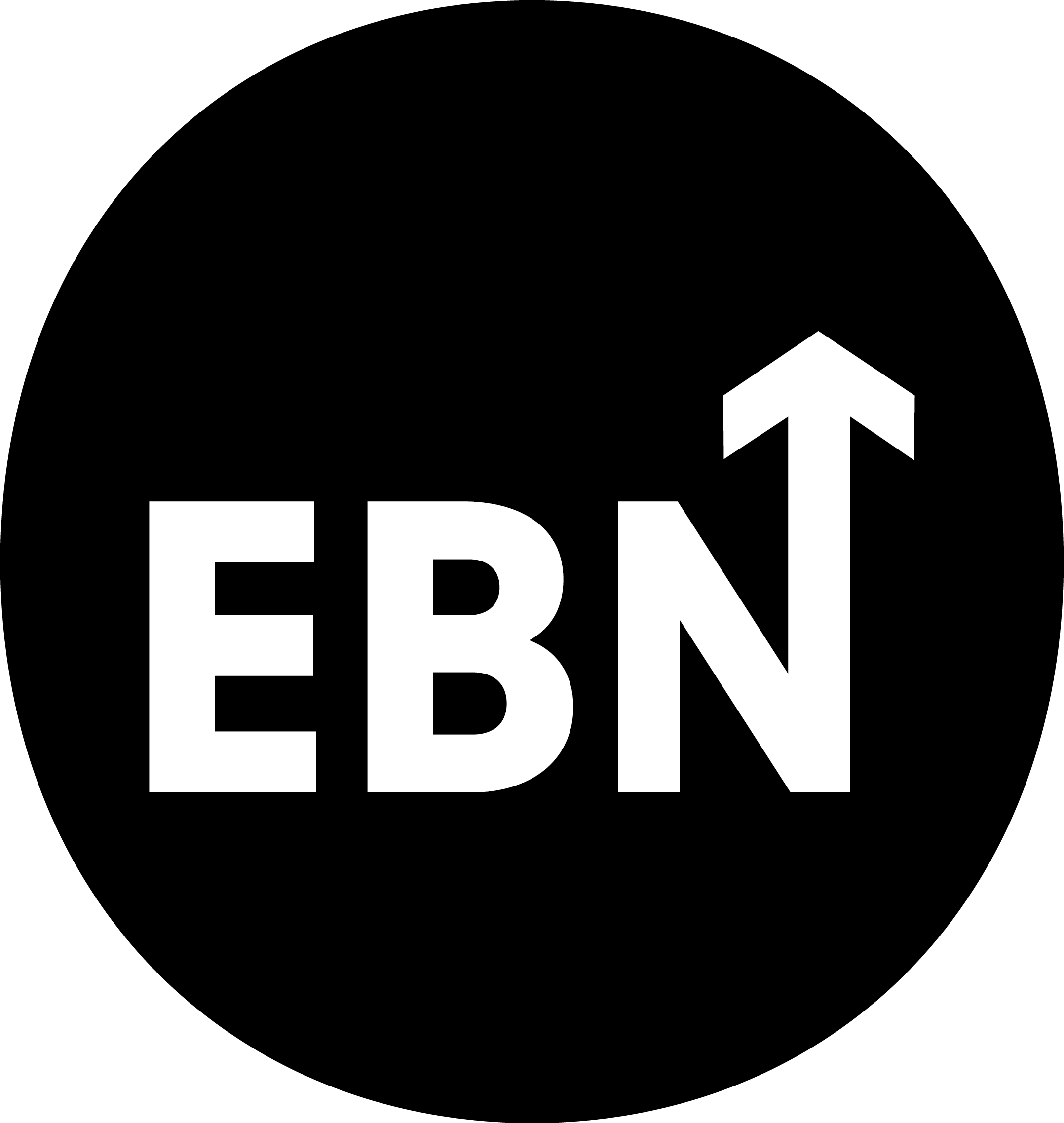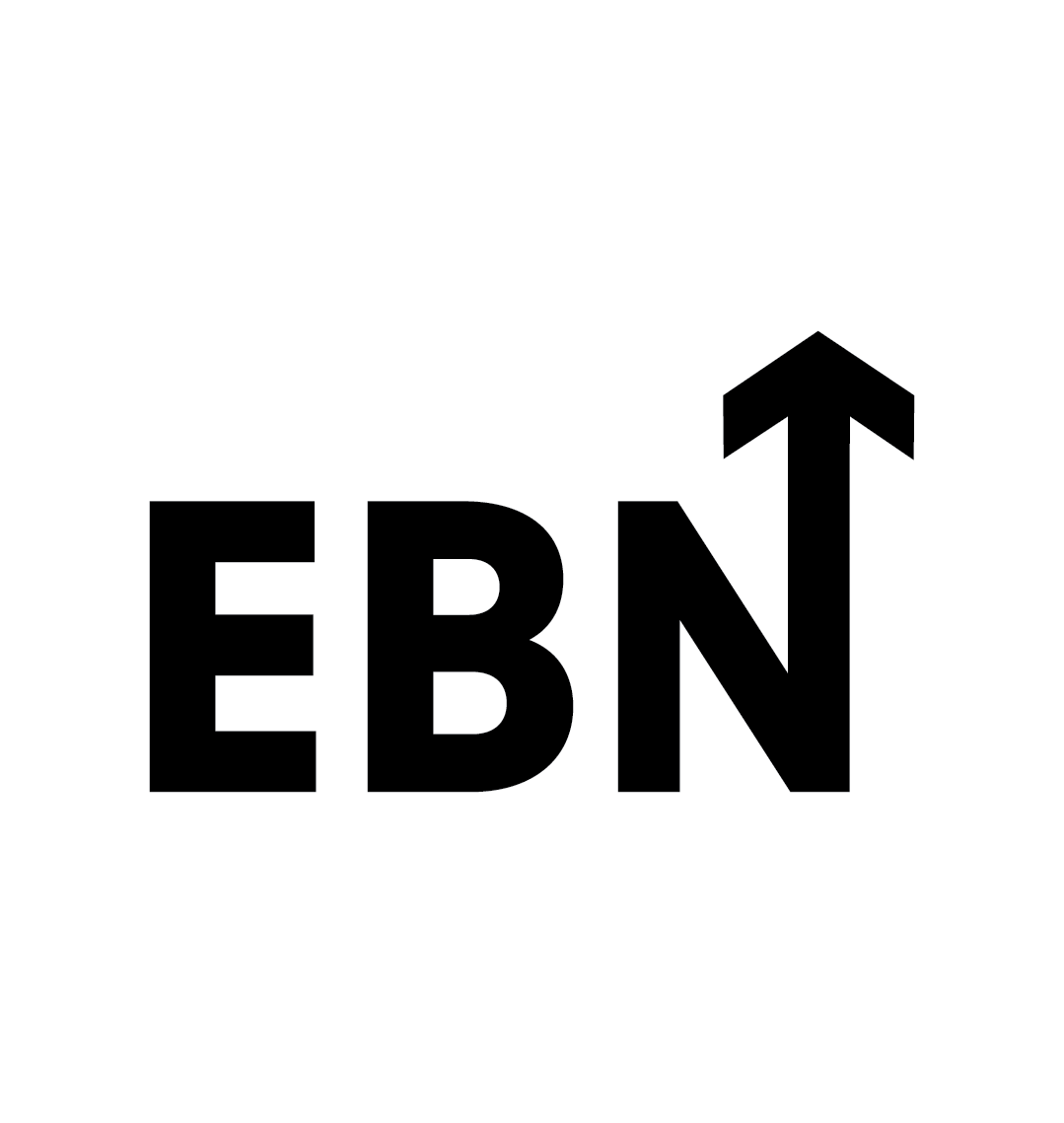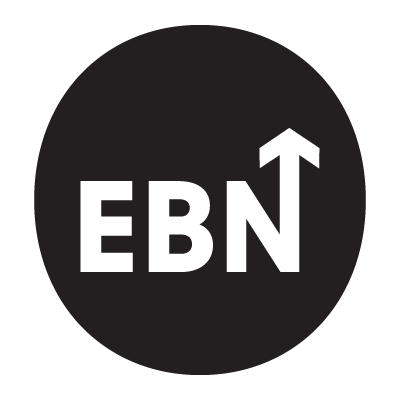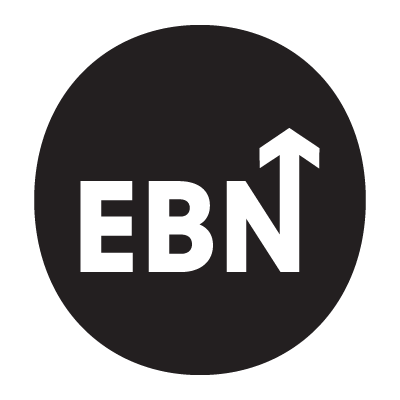Having loyalty to your employer seems like a relic of the past, tucked away with all the fax machines and Rolodexes. The buzz around “quiet quitting” has ignited debates about modern employee engagement and loyalty. What’s happening is not just about quitting jobs, it’s a silent rebellion against the grind, where workers are redefining their relationship with work and, ultimately, their loyalty to employers. Let’s break down what’s going on and what it means for modern company loyalty.
Quiet Quitting: A Rebellion, Not a Resignation
At its core, quiet quitting isn’t about physically leaving a job. It’s about mentally disengaging, doing the bare minimum to meet job requirements without going above and beyond. Quiet quitters aren’t necessarily slackers; but they are setting boundaries, often in response to burnout or, more likely, dissatisfaction with workplace culture. They aren’t leaving their jobs, but they’ve definitely checked out emotionally.
Momentum isn’t always progress, especially when you always end up back where you started.
Fathom helps you escape the loop. With insight, not intuition.
One of the main drivers of quiet quitting is poor leadership and lack of perceived work-life balance. Employees are saying enough is enough, long hours, out of hours calls and emails, and endless expectations have pushed many to draw a hard line around their personal lives. But here’s the kicker: while this trend may protect mental health and reduce burnout, it costs companies dearly. In fact, disengaged employees can cost companies up to 4% of their wage bill, not to mention losses in productivity and team morale.
Nesters: Staying But Not Playing
Then, there are “nesters”, those who remain in jobs, but not out of loyalty. Like quiet quitters, nesters aren’t gunning for promotions or passionately working toward the company’s mission. Instead, they’re settling in, often waiting for better opportunities or simply sticking around because leaving feels too risky in an uncertain job market.
These employees are unlikely to innovate, collaborate, or invest in long-term company goals. They’re in it for the paycheck and benefits, but their emotional engagement is absent. Nesters, much like quiet quitters, signal a broader erosion of traditional company loyalty.
Why the Quiet Quitter Revolution?
Fueled by a progressive post-pandemic rhetoric that most companies aren’t prepared for or aligned with, modern-day workers have re-evaluated what matters to them. Remote work, increased focus on mental health, and a tight labor market have shifted priorities and given rise to lofty expectations. Gone are the days when employees sacrificed their personal lives for corporate loyalty.
Helping HR, talent acquisition, employer branding, and company culture professionals find careers worth smiling about.
This is far from a case of one-sided greed, employers themselves have contributed to this shift. Decades of transactional relationships, where employees were seen as replaceable and the layoffs come fast and without good reason, have fostered an “us vs. them” mentality. Loyalty is earned, and today’s workers aren’t giving it away cheaply anymore.
Company Loyalty: Is It Dead?
Is loyalty dead? Not quite, but it has certainly eroded and transformed. Today, loyalty doesn’t mean staying with one company for 40 years. For many, it’s about aligning personal values with a company’s mission and purpose and giving it your all, even if only for a few short years before taking the next career step. When employees feel genuinely supported, valued, and part of a clear and well-articulated purpose, they’re more likely to engage.
However, most companies are falling short. According to recent data, about 43% of workers are disengaged, with nearly 20% actively considering leaving their jobs. This makes quiet quitting not just a symptom of individual discontent, but a systemic issue.
The Way Forward: Rekindling the Flame
So, what’s the solution? Companies that have the motivation to do better must pivot. Encouraging flexible working models, fostering psychological safety, and promoting conscious leadership are all potential ways to re-engage employees. Work-life balance isn’t just a buzzword it’s a necessity if companies want to build loyalty in the modern workforce.
Incentivizing employees, recognizing achievements, and clearly aligning roles with a company’s larger mission sound simple enough but, if done well, can make a huge difference. After all, employees who feel they’re contributing to a meaningful cause alongside good people are more likely to stay and put in the extra effort.
Loyalty Redefined
In today’s whacky world of work, loyalty isn’t about longevity, it’s about alignment. Quiet quitting and nesting are symptoms of a deeper issue: companies failing to meet the evolving needs of their workforce. Rebuilding loyalty requires bold steps, prioritizing flexibility, purpose, and genuine engagement. But where should you start? Getting your employer brand right is a powerful first step.
An authentic, well-crafted employer brand doesn’t just attract talent, it nurtures engagement and loyalty. When employees feel a connection between their career objectives and the company’s employment experience, they’re more likely to invest emotionally and go beyond the minimum.
Companies that are intentional about showcasing themselves in an authentic and congruent way won’t just keep hold of their talent for longer, they’ll engage and thrive. So, are you ready to reshape your employer brand and win back loyalty, or will you quietly watch your workforce disengage? The choice, as always, is yours.
Takeaways
How does quiet quitting affect companies?
Quiet quitting leads to decreased productivity, lower engagement, and hidden costs for companies, which can add up to 4% of the wage bill.
What are “nesters” in the workplace?
Nesters are employees who stay in their roles but lack emotional engagement or motivation to grow within the company, often waiting for better opportunities.
Why are employees disengaging from their work?
Disengagement stems from poor leadership, lack of work-life balance, and a disconnect between personal values and company missions.
Is company loyalty dead?
Loyalty is evolving. Today, it’s more about alignment with values and purpose rather than long-term tenure.
How can companies address quiet quitting?
Companies can start by promoting flexibility, supporting mental health, recognizing achievements, and improving their employer brand to create a more meaningful work environment.
What role does employer branding play in loyalty?
A strong employer brand fosters loyalty by aligning company values with employee expectations, making workers feel more connected to the organization's mission and culture.









